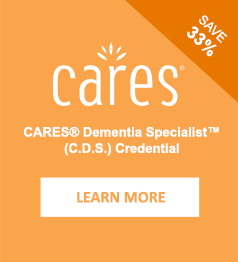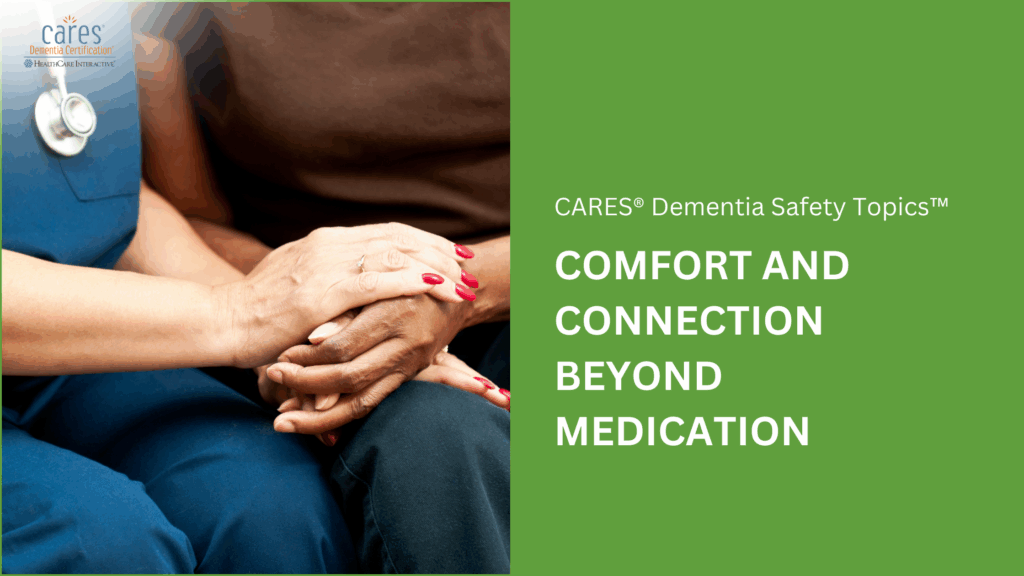In dementia, not all pain relief needs to come from medication; it can also be eased through everyday activities. These approaches are often called non-drug or nonpharmacologic therapies, and they can bring real comfort and a deeper sense of connection to people with dementia. While these activities don’t slow down the progression, they can help someone feel calmer, more engaged, and easier to support.
Some helpful activities include:
• Listening to music or playing an instrument
• Gardening or spending time with nature
• Doing word games or puzzles
• Cooking or baking together
• Looking through photos or other familiar items
• Interacting with pets, birds, or other animals
• Offering gentle touch like a respectful light massage, a warm hug, holding hands, stroking the shoulder, or rubbing the back.
These types of nonpharmacologic therapies can be deeply meaningful. They don’t just provide pain relief without medication—they offer moments of connection, comfort, and joy. Every person is different, so it helps to notice what feels soothing or familiar to them.
Though not a substitute for medicine, nonpharmacologic therapies can make daily life more peaceful for both the individual and those offering care. This gentle form of non-medical dementia support reminds us that simple moments often bring the greatest ease—and that comfort for people with dementia can come in many heartfelt forms.
Caring for someone with dementia goes beyond medication—simple, familiar activities can bring real comfort. From music to shared moments, nonpharmacologic therapies help ease pain and create connection in everyday life.
To support your journey in providing this kind of care, we’re offering 10% OFF any training and certification program. Use promo code BeautifulAugust at checkout—valid through Aug 31, 2025.

